Nearly 70 years after being executed as a war criminal, the memory of Third Reich ambassador to Slovakia, Hanns Ludin, continues to weigh on his descendants. His granddaughter Alexandra Senfft has broken the family silence.
La Croix, François d’Alançon, 14/08/2017
>> more
Category Archives: Nazi-era
Alla Ricerca Radici del Male
Rome, Italy
Clipper Media und Rai Cinema
Dokumentarfilm von Israel Cesare Moscato, Italy 2017
>> more
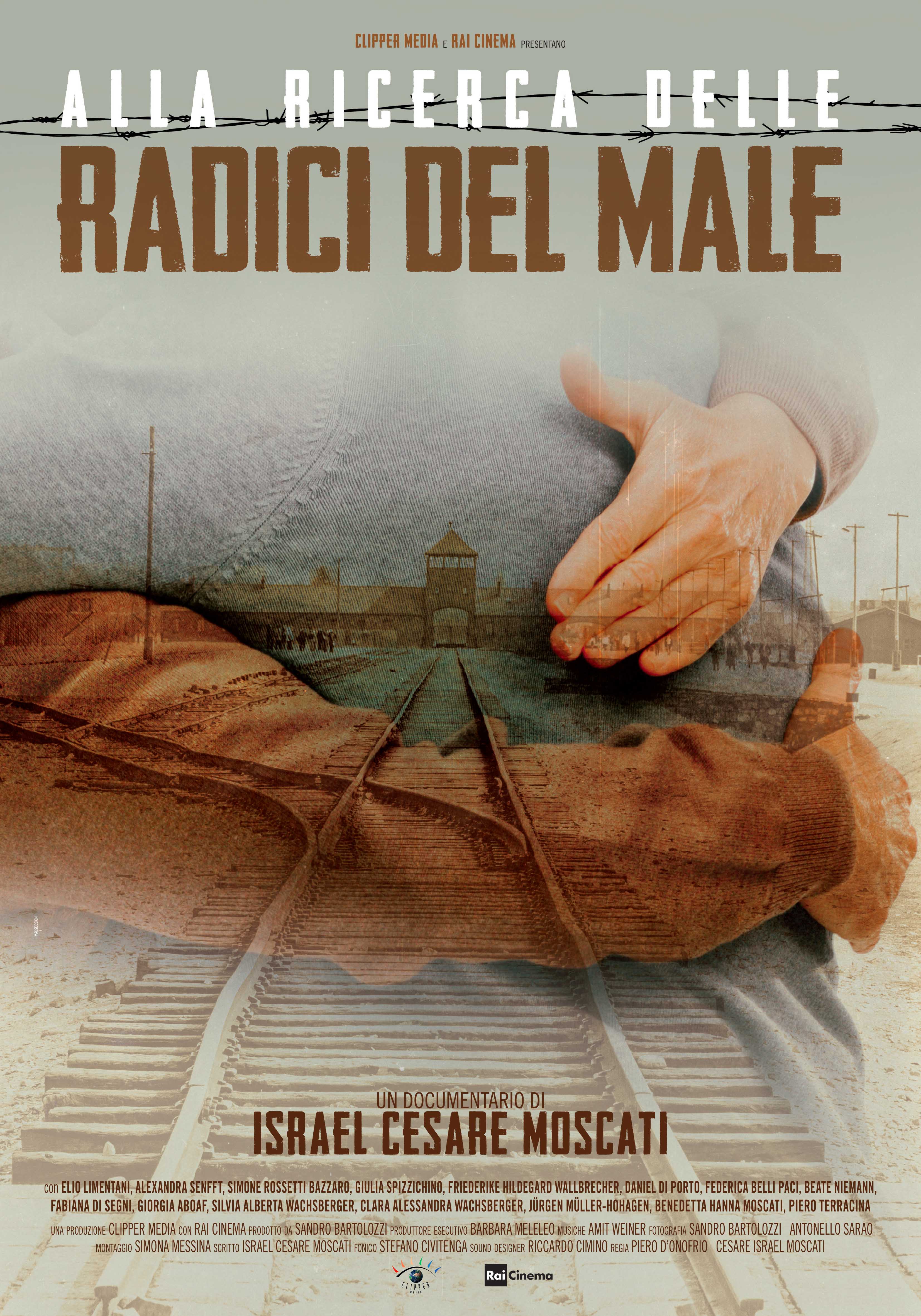
Mein Kampf Returns to Germany
Alexandra Senfft, an author and Middle East expert, became acutely aware of her own family history only later in life. «By all means look at Mein Kampf and contextualize it,» says Senfft. «It is part of our history. What I am kind of hesitant about is identifying Hitler as Nazism as such. I find it much more important to not only focus on leaders but on how people on an every day level, ordinary people, latch on to the ideology.» One must ask, she says, why «the majority of ordinary Germans became perpetrators.»
The Daily Beast 01/09/2016
>> more
Reichental named this year’s International Person of the Year
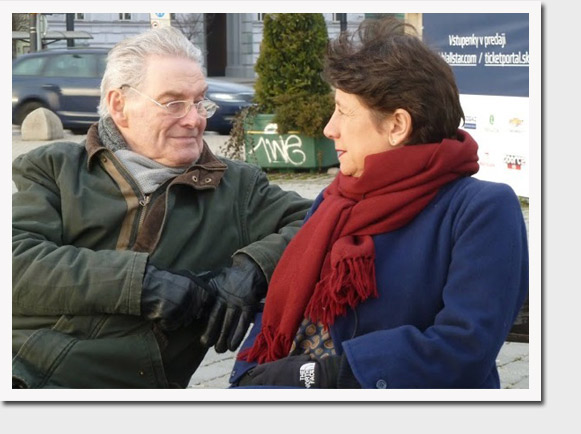 Holocaust survivor Tomi Reichental has been named this year’s International Person of the Year at an awards ceremony in Dublin.
Holocaust survivor Tomi Reichental has been named this year’s International Person of the Year at an awards ceremony in Dublin.
>> Video
Close to Evil
RTE and Praxis Pictures
Ireland 2015
>>more
I wanted reconciliation
«Embracing Alexandra Senfft, the granddaughter of the Nazi war criminal Hans Ludin who was implicated in sending 35 members of my family to death in the gas chambers, was not an act of forgiveness. Instead it was an embrace of a ‘kindred spirit’. Alexandra sought me out in order to demonstrate our common humanity. She wants to proclaim the truth and urge people not to forget.»
The Guardian 05/02/2015
>> more
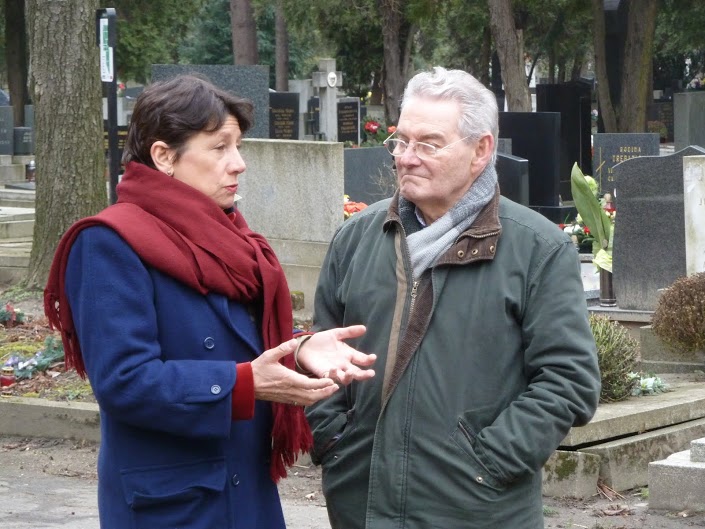
A Rabbi’s Word, Kehila Newsletter
By Frank Dabba Smith, London
For German writer Alexandra Senfft, who spoke to Mosaic members and guests on the anniversary of Kristallnacht, 10th November 2014, there can be no such thing as a family secret.
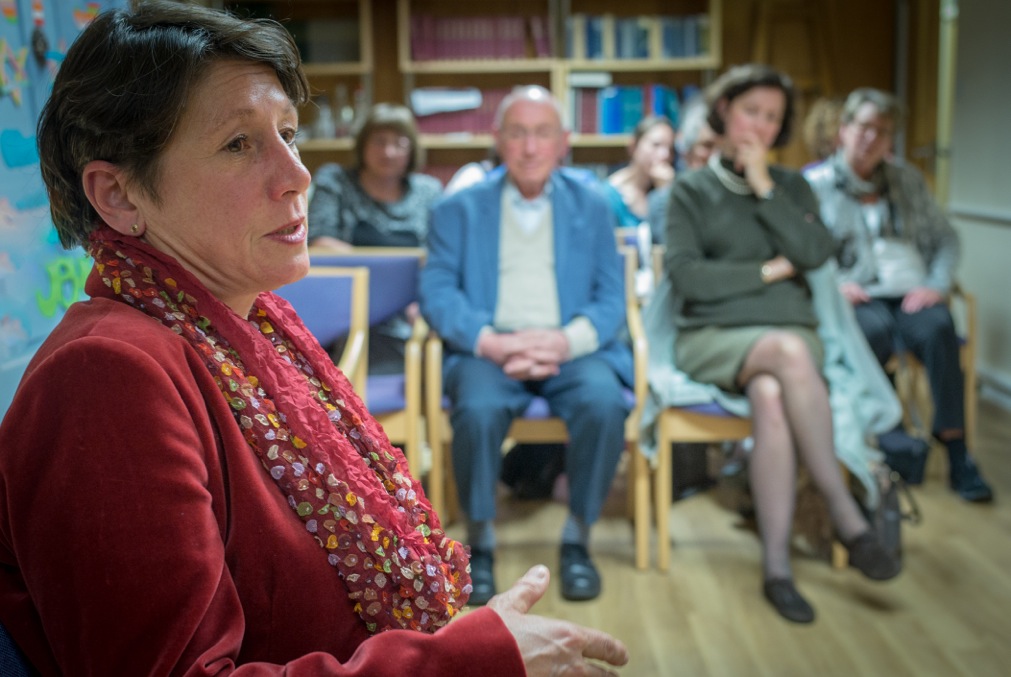
Alexandra’s maternal grandfather was Hanns Elard Ludin who was born in 1905 in Freiburg, Germany and hanged for war crimes in 1947 in Bratislava, Slovakia. Ludin joined the Nazi party and the SA-storm troopers in 1931. Reputedly lucky to survive Hitler’s murderous purge against the SA in 1934, Ludin eventually became the German envoy to Slovakia. He may have been a diplomat by title but he was judged guilty of being directly involved in the deportation of some 70,000 Jews.
Alexandra’s family maintained the fiction that her grandfather was merely a decent civil servant despite his active membership in the NSDAP. This complicit silence was too much for Alexandra’s emotionally deprived mother Erika (1933-1998) who learned of her father’s execution while at boarding school at the vulnerable age of fourteen. Like other children of perpetrators, Erika died too young after decades of depression and alcoholism.
In her very respected book published in 2007, Schweigen tut weh: Eine deutsche Familiengeschichte (The Pain of Silence: A German Family History), Alexandra conveys her personal journey to discover the truth of her grandfather’s crimes and the subsequent silence that also destroyed her mother. Along the way, she lost relationships with both relations and friends. But she gained new and supportive friendships such as with the visionary Israeli psychology professor and filmmaker Dan Bar-on (1938-2008) who brought together descendants of Shoah victims and perpetrators. His passion was to overcome walls of silence and hostility.
Like Dan Bar-On, Alexandra is deeply involved with dialogue and conciliation. She is very aware of Rabbi Albert Friedlander’s words, ‘It’s not for me to forgive and I cannot forget; but we must live together anyway’. Her efforts also include peacemaking between Israelis and Palestinians and acknowledging the stories of the two traumatized sides of this conflict. In this regard, Professor Bar-On was an inspiration, too.
Those who attended Alexandra’s evening held in the packed HWPS sanctuary on Bessborough Road were deeply moved by her courage and vision. At the end of the evening, when I asked for members of the audience to join Alexandra in a photograph, the very first to volunteer was Hana Schlesinger, a child of Slovakian Jews who lost many relations in the Shoah. This was a precious moment of healing.
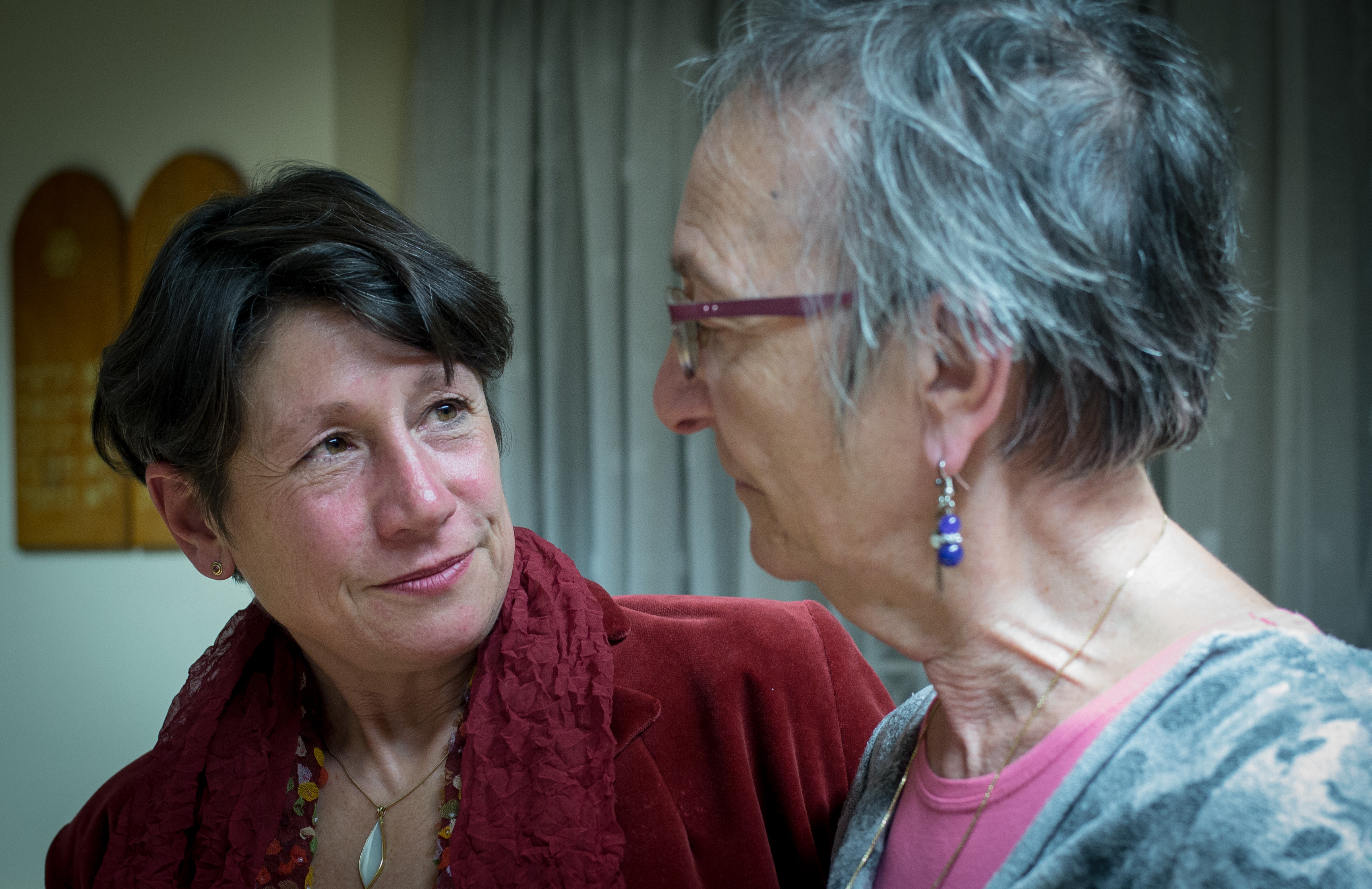
Alexandra Senfft with Holocaust survivor Tomi Reichental on Ireland’s RTE news
People of the Year Award
Alexandra Senfft accompanying Tomi Reichental to RTE (Ireland’s National Television)
«People of the Year Award», Dublin 6th December 2014, and commenting on his award
Tomi Reichental, one of only two holocaust survivors living in Ireland, has dedicated his time to speaking
about his experience in schools. He is presented with the International Person of the Year.
>>watch
Close to Evil – A haunting and expertly-crafted documentary
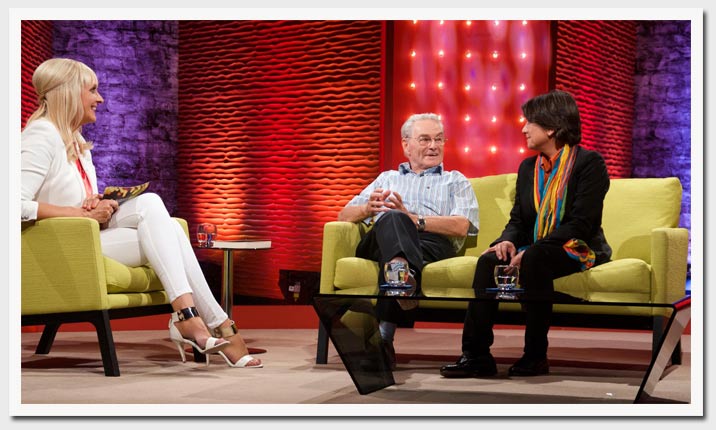 With Holocaust survivor Tomi Reichental in TV Show “Saturday Night with Miriam”, Ireland
With Holocaust survivor Tomi Reichental in TV Show “Saturday Night with Miriam”, Ireland
Earning a runner-up spot in the Best Irish Feature Documentary Award last year, despite screening as a “work in progress”, Close to Evil returns with an extended cut featuring all-new footage. An RTÉ Radio interview marking Holocaust Memorial Day in January 2012 is the catalyst for a remarkable two year journey. Holocaust survivor Tomi discovers one of his former jailers — Hilde Lisiewicz is alive and living in Hamburg. Lisiewicz is a convicted War Criminal. Nevertheless Tomi reaches out to Hilde to offer reconciliation. Hilde asserts she is “a victim of victor’s justice”. This prompts Tomi to investigate the SS woman’s claims of innocence. Unexpectedly Tomi’s odyssey ends where his story began, back in his native Merasice, meeting the ghosts from the past and embracing a German woman directly related to the man who played a role in the liquidation of Tomi’s family.
Alexandra Senfft, featuring with Tomi Reichental in Gerry Gregg’s film «Close to Evil»
on RTE 1 (Radio Telefis Eireann’s), Irleand
1 September 2014, 9.35 pm
>> www.rte.ie/archives/2014/0827/639627-close-to-evil
«Living with the Dead: Sharing the Truth and the Pain of the Past»
in: Clio’s Psyche: Understanding the “Why” of Culture, Current Events, History, and Society
Special Issue on Psychology and the Holocaust: Part II
Meeting Report, Volume 21, Number 2, New York, September 2014, Pages 210 ff
excerpt:
Tomi, my grandfather is dead, but you are alive,” I say. Tomi agrees with a sense of relief as we hold on to each other, somewhat lost and yet not alone. We still have a long way to go in order to come to terms with a past that is haunting most of us up to this day. Sharing this experience with Tomi was the right thing to do. My daughter and the film team were with us and wrapped us in cotton wool, supporting us in our shared sorrow. We weren’t alone at all. Dan Bar-On once said to me “Alexandra, you might lose some of your family over working through the past, but you will find others to fill their place.” “It couldn’t be truer,” I think gratefully, as Tomi and I leave the cemetery arm in arm, nestled by a cocoon. In the face of the rising populist, right-winged develop-ments in Europe, I wonder though if all our efforts are too late.»
>> more
